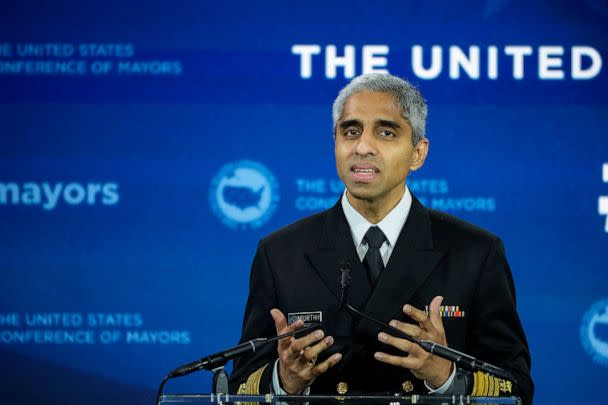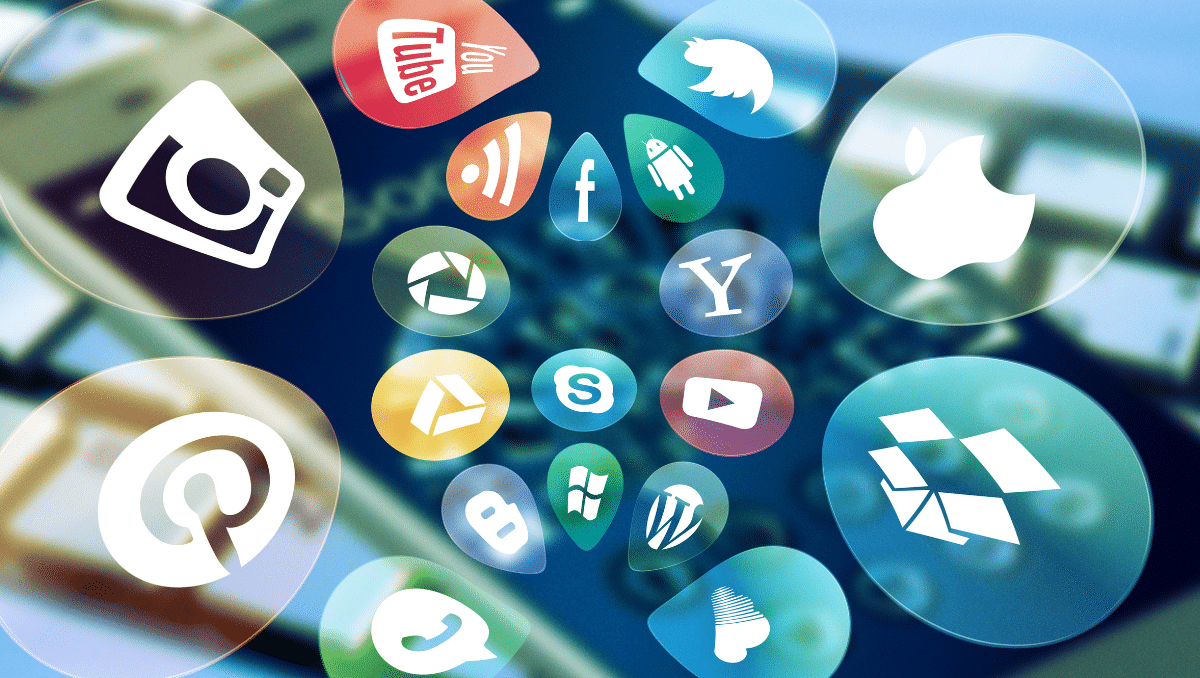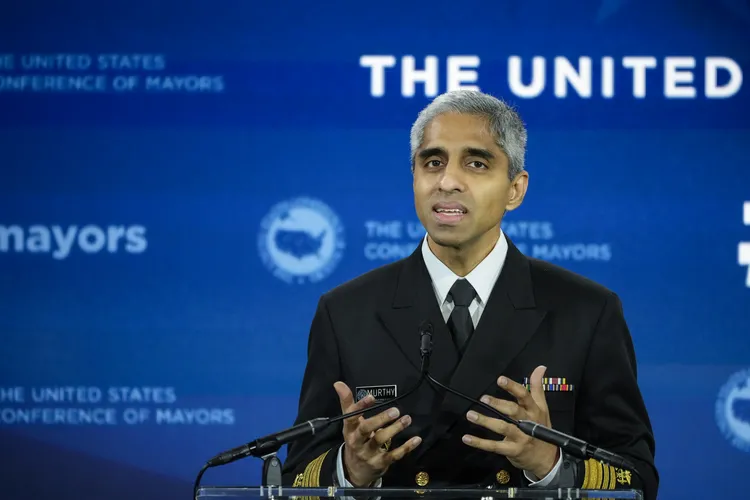
credits :Gettyimages
The utilization of virtual entertainment and the psychological wellness of youngsters are the subjects of another warning from the U.S. top health spokesperson cautioning of a critical general medical issue.
In the new advisory, which was released on Tuesday, Dr. Vivek H. Murthy calls for additional research to determine the extent of mental health impacts on youth, including the type of content that causes the most harm, societal factors that could protect youth, and ways in which social media can be beneficial.
As indicated by Murthy’s composition, “To date the weight of safeguarding youth has essentially fallen on youngsters, teenagers, and their families.” It is impossible for children and their parents to shoulder the entire burden of reducing the risk of mischief associated with online entertainment.
In the warning, that’s what Murthy states “Obstructions to grasping the full degree and size of the effect of web-based entertainment on psychological wellness and prosperity” have been made by innovation organizations’ “absence of straightforwardness.”
The deception that the measles, mumps, and rubella immunization caused mental imbalance caused antibody levels to drop, and the forswearing that HIV causes Helps diminished admittance to treatment before, Murthy noted in his advance notice.
Additionally, he discusses how the “rapidly changing information environment,” which includes new publications and social media platforms, has made it easier to spread false information. He cites a study that found that stories about false news “were 70% more likely to be shared on social media than true stories.”
The admonition fans out recommendations for families, prosperity specialists, researchers, educators, media, funders, government, and advancement stages, and urges individuals to accept the obligation to confine the spread of deception.
According to psychologists, the brain development of adolescents begins around the age of 10 and continues into early adulthood. Sites that use “like” buttons and artificial intelligence to encourage excessive scrolling “may be dangerous for developing brains,” according to the APA. According to the APA, phone settings should be used to limit social media use on these kinds of platforms.
Also read: https://www.today.com/health/surgeon-general-advisory-social-media-isnt-safe-kids-rcna85648
According to research, using social media regularly may be linked to specific changes in the developing brain, such as in regions that are necessary for emotional learning, regulation, and impulse control.
According to Mitchell Prinstein, Ph.D., chief science officer of the APA, the time in a child’s life when their brains are developing the most is also when they are exposed to social media the most.
He stated, “One of the most sensitive periods of neural development in our lifetimes is the time when most kids get access to social media.”
According to Tuesday’s surgeon general’s advisory, teens report using social media for 3.5 hours per day, with many spending more than seven hours per day.
According to the surgeon general’s report, social media platforms are only doing a fair to bad job of addressing the problems of cyberbullying and online harassment, according to 75% of teenagers.

While there are some advantages to social media, especially for minority youth who use it to connect with others, find content that affirms their identities, and receive various forms of social support, experts believe there is currently insufficient proof to conclude that social media is safe for kids and teenagers.
Doctor Neha Chaudhary, a child and adolescent psychiatrist at Massachusetts General Hospital and Harvard Medical School, said she has observed advantages for youth working in “moderated groups.”
“Moderated groups” are places where “people can come together to validate one another, share advice and support, and uplift one another,” she added, adding that there is “power in feeling less alone.”












